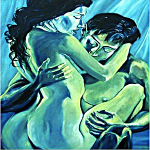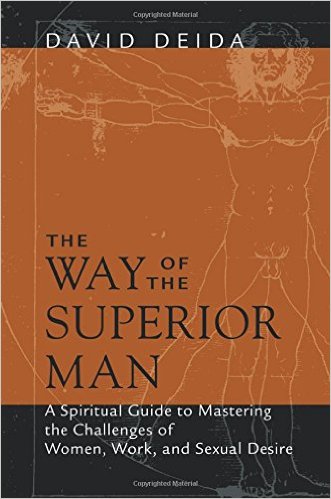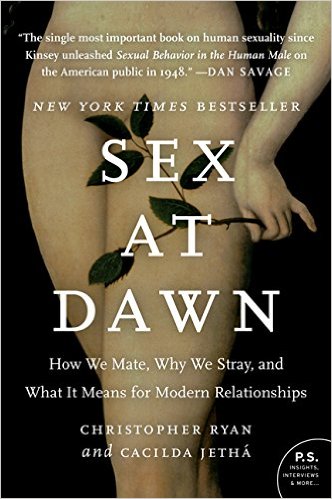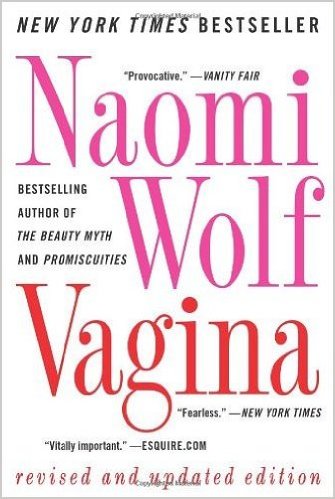Sex magic is a spiritual practice that uses sexual energy, sexual acts, and the power of intention to manifest a desired outcome or a goal.
It is based on the belief that the sexual energy generated during arousal can be harnessed and channeled towards specific purposes, such as attracting a desired person or achieving a particular goal.

There are various approaches to practicing sex magic, and different practitioners have their own unique methods and techniques. Some common elements include:
- Setting an intention: Before engaging in sexual activity, set an intention for what you wish to manifest or achieve. This can involve visualizing the desired outcome, speaking it aloud, or writing it down.
- Harnessing sexual energy: During sexual activity, focus on generating and channeling sexual energy towards the desired goal. This can be done through visualization, breath work, or other techniques.
- Using ritual or ceremony: Some practitioners of sex magic may incorporate ritual or ceremony into their practice, such as creating an altar or using specific candles, incense, or other tools.
Where Did Sex Magic Come From?
I am always curious to know where certain practices originated and how they become mainstream.
The practice of sexual magic has roots in various spiritual and esoteric traditions, and it is not clear who created it or when it first originated.
It is likely that elements of sex magic have been practiced by various cultures and spiritual communities throughout history, and that it has evolved and taken different forms over time globally.
In the modern era, the practice of sex magic has been popularized and developed by a number of individuals and groups, including the highly controversial Aleister Crowley and his followers, as well as other practitioners of magic, mysticism, and spirituality.
Who Was Aleister Crowley?
Aleister Crowley (1875-1947) was an English occultist, ceremonial magician, and poet. He is perhaps best known for his role as the founder of the religious and philosophical movement known as Thelema, which he established in the early 20th century.
Crowley is also known for his writings on a wide range of topics, including magic, mysticism, and religion, and he is considered an influential figure in the development of modern occult and esoteric thought.
Crowley was a practitioner and an advocate of sex magic, and he believed that sexual activity and sexual energy could be harnessed and channeled for spiritual purposes.
He wrote extensively about sex magic in his works and taught various techniques and approaches to practicing it.
Crowley viewed sexual energy as a powerful force that could be harnessed and directed towards specific goals or outcomes, and he believed that it could be used to achieve a variety of spiritual and magical objectives.
He believed that sexual activity, when approached with the right mindset and intention, could be a way to connect with the divine and to tap into higher states of consciousness.
Crowley’s interests and practices were diverse and varied, and he is known to have studied and practiced a number of different magical traditions, including Hermeticism, Kabbalah, and Eastern mysticism.
He also wrote extensively on magic and related topics. His works have had a lasting influence on the development of modern occultism.
Crowley’s reputation has been controversial, and he has been both praised and vilified for his beliefs and practices.
Some people view him as a visionary and a pioneer of modern spirituality, while others view him as a dangerous and manipulative figure.
Regardless of how one views him, it is clear that Crowley has had a significant impact on the development of modern occult and esoteric thought, and his legacy continues to be felt today.
Sex Magic and Individualism
The practice of sex magic is a highly individual practice, and that there is no one “right” way to approach it. Different individuals and communities have different beliefs and practices and it is up to each individual to explore and find what works best for them.
Sex magic can be a powerful and transformative practice for those who are interested in exploring it, but it is important to approach it with care and caution.
Check Out Our Erotic Touch Video Course – Your Touch Will Become A New Language.



























Follow US